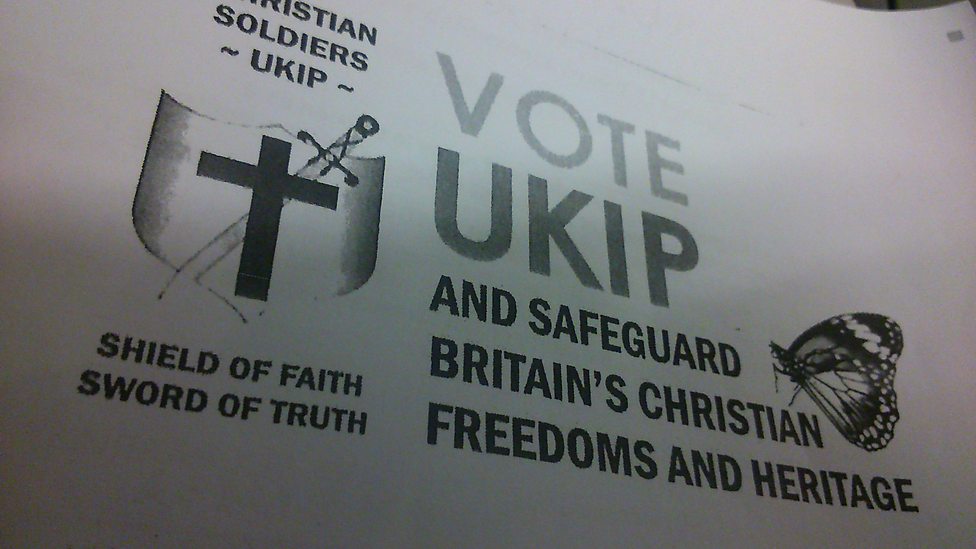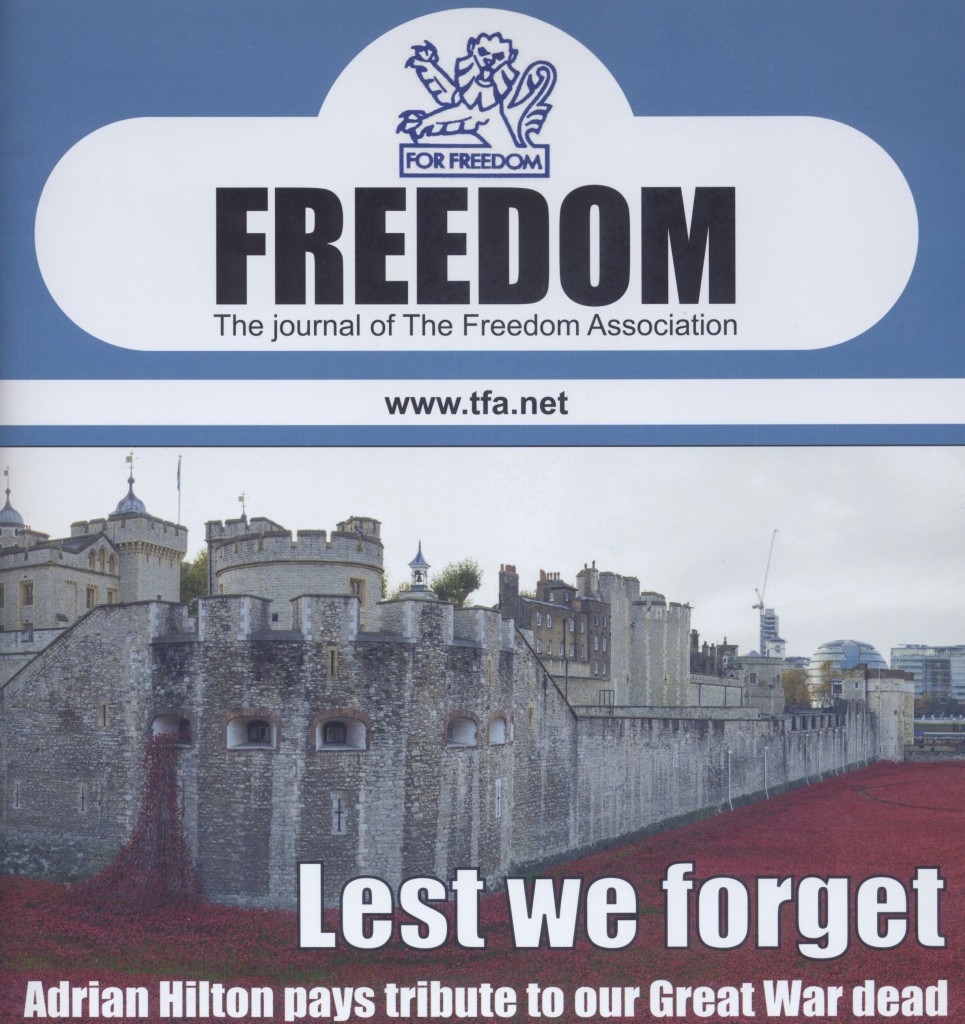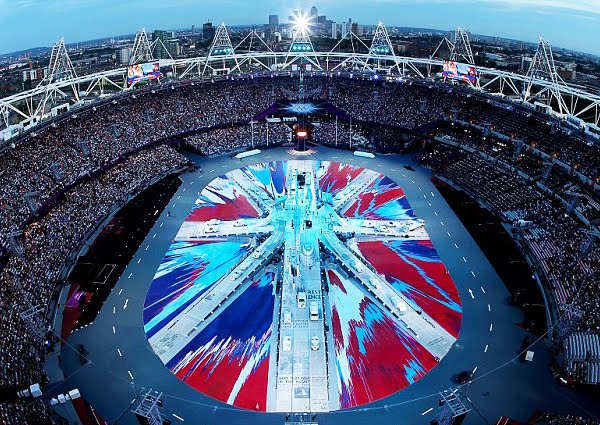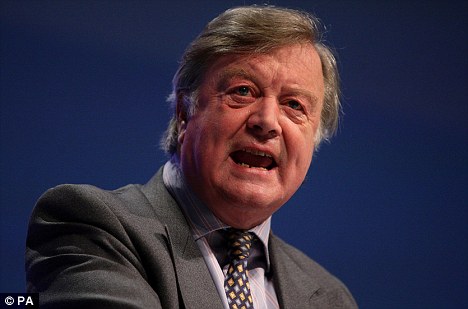Published by Reimagining Europe
 If coal extraction and steel production were held in common – pooled at source and distributed without borders – never again could one fractious state rise up against another. That was the theory. Continue reading
If coal extraction and steel production were held in common – pooled at source and distributed without borders – never again could one fractious state rise up against another. That was the theory. Continue reading
We use cookies to help you navigate efficiently and perform certain functions. You will find detailed information about all cookies under each consent category below.
The cookies that are categorized as "Necessary" are stored on your browser as they are essential for enabling the basic functionalities of the site. ...
Necessary cookies are required to enable the basic features of this site, such as providing secure log-in or adjusting your consent preferences. These cookies do not store any personally identifiable data.
Functional cookies help perform certain functionalities like sharing the content of the website on social media platforms, collecting feedback, and other third-party features.
Analytical cookies are used to understand how visitors interact with the website. These cookies help provide information on metrics such as the number of visitors, bounce rate, traffic source, etc.
Performance cookies are used to understand and analyze the key performance indexes of the website which helps in delivering a better user experience for the visitors.
Advertisement cookies are used to provide visitors with customized advertisements based on the pages you visited previously and to analyze the effectiveness of the ad campaigns.

Published by Reimagining Europe
 If coal extraction and steel production were held in common – pooled at source and distributed without borders – never again could one fractious state rise up against another. That was the theory. Continue reading
If coal extraction and steel production were held in common – pooled at source and distributed without borders – never again could one fractious state rise up against another. That was the theory. Continue reading
Published by Kirby Laing Institute for Christian Ethics
 The United Kingdom Independence Party (Ukip) has made some significant electoral advances since the 2010 General Election, when they secured 3.1% of the popular vote. Not only did the party go on to win the 2014 Elections to the European Parliament with 24 MEPs elected on 26.6% of the vote, but they currently have 430 councillors across 76 local councils, and recently secured their first elected MPs to Westminster following Conservative defections and victory in two volitional by-elections. At the time of writing they are regularly scoring between 12-15% in opinion polls. Christians are deeply divided about the party’s perceived ‘undercurrents’ of racism, nationalism and isolationism which, some aver, put them beyond the pale of religious respectability. But despite episcopal denunciations(1), the party is attracting Christians from across the denominations, including the Church of England and the Roman Catholic Church(2). Continue reading
The United Kingdom Independence Party (Ukip) has made some significant electoral advances since the 2010 General Election, when they secured 3.1% of the popular vote. Not only did the party go on to win the 2014 Elections to the European Parliament with 24 MEPs elected on 26.6% of the vote, but they currently have 430 councillors across 76 local councils, and recently secured their first elected MPs to Westminster following Conservative defections and victory in two volitional by-elections. At the time of writing they are regularly scoring between 12-15% in opinion polls. Christians are deeply divided about the party’s perceived ‘undercurrents’ of racism, nationalism and isolationism which, some aver, put them beyond the pale of religious respectability. But despite episcopal denunciations(1), the party is attracting Christians from across the denominations, including the Church of England and the Roman Catholic Church(2). Continue reading
Published by Freedom Today
 Some wars are fought to subjugate and oppress, others to redeem and liberate. Some are arise out of vengeance and resentment, others in pursuit of justice and peace. There are conflicts of land and wealth or power and glory. The righteous rhetoric of dictatorship carves into the democratic commonwealth. The principalities of theocracy, plutocracy and oligarchy seem to be perpetually ranged against liberty, justice and the rule of law. In the realm of rationality, there can be no concessions: victory is the goal and virtue the motivation. But their morality is our insanity. Their freedom is our captivity. Give me impotence, and I will show you a slave. Continue reading
Some wars are fought to subjugate and oppress, others to redeem and liberate. Some are arise out of vengeance and resentment, others in pursuit of justice and peace. There are conflicts of land and wealth or power and glory. The righteous rhetoric of dictatorship carves into the democratic commonwealth. The principalities of theocracy, plutocracy and oligarchy seem to be perpetually ranged against liberty, justice and the rule of law. In the realm of rationality, there can be no concessions: victory is the goal and virtue the motivation. But their morality is our insanity. Their freedom is our captivity. Give me impotence, and I will show you a slave. Continue reading
Published by Daily Mail
 Historic, patriotic, intoxicating, mesmerising: “Team GB’s heroic success seems to have re-awoken in us our sense of national pride,” wrote Sir Roger Bannister, the first man ever to run a mile in under four minutes, “a realisation perhaps that, as a people, we have the ability, the drive and the determination to be great.”
Historic, patriotic, intoxicating, mesmerising: “Team GB’s heroic success seems to have re-awoken in us our sense of national pride,” wrote Sir Roger Bannister, the first man ever to run a mile in under four minutes, “a realisation perhaps that, as a people, we have the ability, the drive and the determination to be great.”
Sir Roger is one of Britain’s greatest sporting legends, into which pantheon can now be added the likes of Mo Farah, Bradley Wiggins and Chris Hoy – people whose achievements are not merely exceptional, but truly and monumentally great. And that greatness is measured not only in the extent to which a triumph or victory enters the national consciousness – which is ephemeral – but also in proportion to its longevity in the league tables of history: to surpass is admirable, but to pioneer is unique and non-replicable. There is only one who can be the first. Continue reading
Published by Daily Mail
 He didn’t use the word ‘Reich’, of course: he’d be sensitive to shadowy historical undertones and averse to Godwin’s tendencies. But by warning that Germany risks being the centre of an ‘empire’ that ‘caused the collapse of the eurozone’, he certainly raises the spectre of a Fourth Reich, doubtless to the delight of those who have long believed that the ECSC/EEC/EC/EU is just a German racket to achieve by incremental treaties what they could not accomplish with bombs and bullets.
He didn’t use the word ‘Reich’, of course: he’d be sensitive to shadowy historical undertones and averse to Godwin’s tendencies. But by warning that Germany risks being the centre of an ‘empire’ that ‘caused the collapse of the eurozone’, he certainly raises the spectre of a Fourth Reich, doubtless to the delight of those who have long believed that the ECSC/EEC/EC/EU is just a German racket to achieve by incremental treaties what they could not accomplish with bombs and bullets.
‘Soros warnt vor deutschem Weltreich’, read headlines in the German press. According to the multi-billionaire financier, the Reich re-emerges as the mechanism for effecting German foreign and economic policy: it is the kingdom or realm for the realisation of the dreams of kaisers long gone and chancellors not so long gone. Continue reading
Published by Daily Mail
 Kenneth Clarke has held almost every senior Office of State. He has been Health Secretary, Education Secretary, Home Secretary and Chancellor of the Exchequer. He is presently Lord Chancellor and Secretary of State for Justice.
Kenneth Clarke has held almost every senior Office of State. He has been Health Secretary, Education Secretary, Home Secretary and Chancellor of the Exchequer. He is presently Lord Chancellor and Secretary of State for Justice.
You’d think, with all this experience, that his political antennae would be finely attuned to the will of the demos. But decades of cigars and scotch in smoky jazz clubs seem to have dulled his judgment. Either that, or he never had any – at least where ‘Europe’ is concerned.
According to a ConservativeHome/Channel 4 poll, 83 per cent of Conservative Party members want in In/Out referendum on the UK’s membership of the EU. This doesn’t, of course, tell us anything about the likely replicability in the wider country: the validity and reliability of the ConHome/C4 data is questionable, not least because participants are not randomly selected and respondents tend to be those who favour change from the status quo. Continue reading